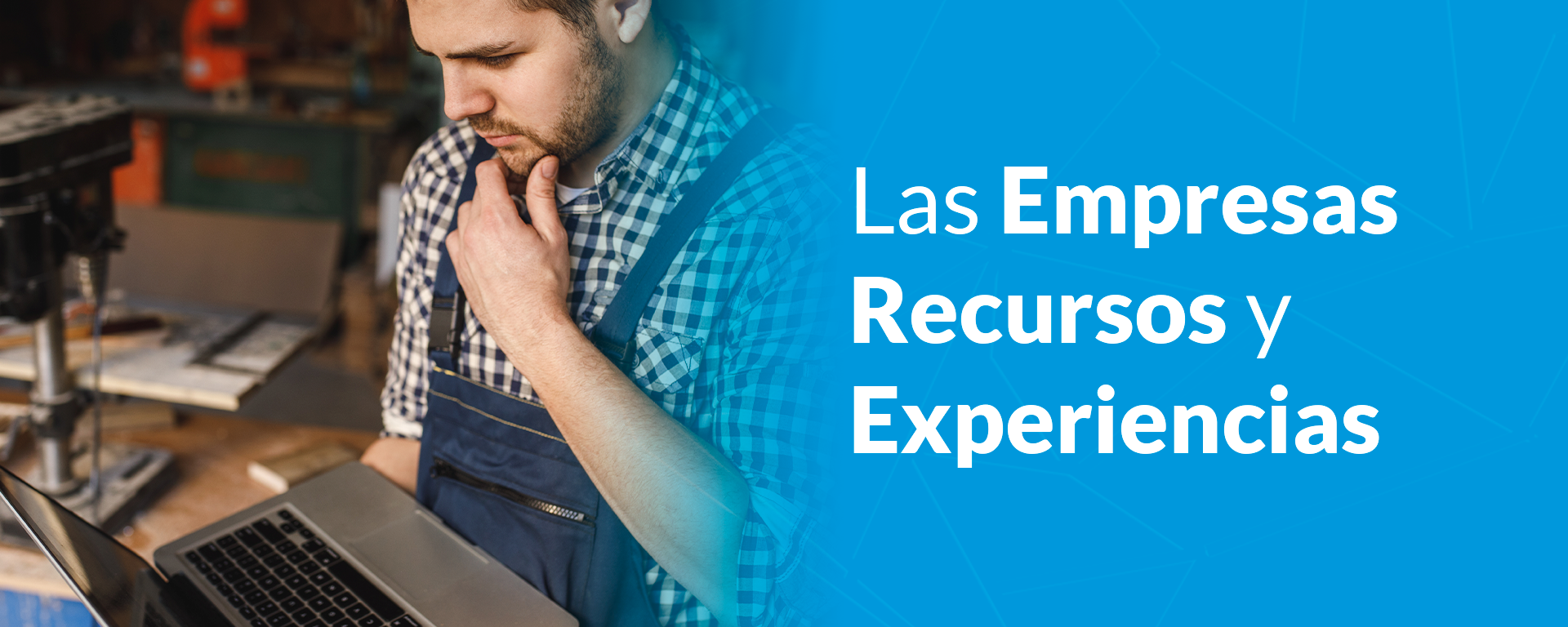Why do students need something different?
Times have changed, in the past, learning was mainly instructional, this made sense because access to information was very limited, today many do not know what an encyclopedia is, or the revolution that Encarta was, which even for some years was able to coexist with the already established Wikipedia. The new generations have access to all the information they want and therefore their "pains" have changed and now what they are looking for at university is not theoretical knowledge, they are looking for personal growth that allows them to face the challenges that life presents them, for this they must develop skills that allow them: problem solving, critical thinking, creativity, teamwork ... These are the so-called soft skills, or as we call them in BeChallenge the "lifeskills".
These skills will be the ones that tomorrow when these students want to face a real situation, a project, a new job, will allow them not only to have the necessary knowledge to perform this new challenge correctly but to have the skills to face it with passion, hunger for improvement and to find or develop the necessary skills or knowledge for it.
But how do we prepare students for such a changing environment?
Nobody said it would be easy, the market is growing at dizzying rates, the positions that today seem essential may be obsolete in a few years and new ones that we would never have imagined may come out, this new paradigm means for educational institutions not only the opportunity, but the responsibility to give greater value to the skills, above the most pure and traditional knowledge, do not misunderstand us, knowledge is important, we are all the person we are thanks to the knowledge we have acquired throughout our lives, what we want to transmit with this article is that tomorrow, in case a company faces a problem, it will be easier to solve it with an employee who has the necessary skills to analyze the problem, find the solution, communicate it and apply it than a person who despite having an enviable amount of knowledge is not able to transmit it among his colleagues or simply is not able to see how to apply his knowledge to this problem.
To develop this type of skills we will have to offer students experiential and meaningful learning, it has been demonstrated how people's learning increases when it comes from a real need, "learning by doing", and not when their only motivation is a grade.
What tool can I use to vehicle this change?
At BeChallenge we are obsessed with this issue and work every day to offer an experiential and collaborative learning scenario where students come together to solve social impact challenges. To this end, we align all our challenges with the United Nations Sustainable Development Goals, the SDGs. Our method facilitates a guided workflow based on Challenge-Based Learning and Design Thinking, so students arrive at solutions through continuous collaborative work supported by peers, mentors and experts.
Creating quality content tailored for students is time consuming, we have found the formula. Our platform offers the possibility to use ready-to-use challenges from our library or create challenges aligned with the reality of your students, either related to the SDGs, or real challenges from companies, we also offer the alumni module, module through which former students, who have now already faced the labor market or even have their own companies, can publish challenges in this module that teachers can then use in their classrooms to bring students closer to reality with challenges posed by people who not long ago, were in their situation, there is no better way to prepare students for the challenges of the future.
Through the platform you will be able to evaluate the skills developed during the process, mentor teams or add experts. Students will create challenge by challenge a portfolio with the skills achieved and challenges completed that they can use as evidence for their future job applications.
Here is a quick exercise:
EXERCICE
What is your university doing to provide real-world experiences for students?
Is it working?
What are you doing to make this approach?
Still lost?
We know it is not easy, if all this overwhelms you but you know that change is necessary our consulting department can help you, tell us what you need and we will study it, other institutions have already requested our services for the creation and dynamization of business challenges or competitions, training of active methodologies or creation of methodological content.
If you are interested in incorporating experiential learning at your university, contact us and we will help you incorporate it into your curriculum, as we have done with institutions around the world.
Do not hesitate to contact us: hello@bechallenge.io
IIf you have found this article interesting, you can follow us on our social networks and suscribe to our NEWSLETTER
[DISPLAY_ULTIMATE_PLUS]
¿Quieres transformar el aprendizaje en tu institución?
Solicita una demo gratuita y descubre cómo BeChallenge te acompaña en el proceso.
Solicita una demo gratuita

Ser embajador de una marca es otra de las formulas que existe para obtener experiencia laboral. La funcion principal es ser una especie de ‘portavoz’ de la marca, dandola a conocer y convirtiendose en su imagen. En el caso de los estudiantes, marcas como Uniplaces, apuestan por la flexibilidad horaria y trabajan para que los embajadores sientan que forman parte de la compania, conozcan sus valores y vean como su trabajo tiene un impacto directo en el exito de la empresa. “ser embajador aporta experiencia, habilidades en el mundo de las ventas y el marketing y contactos para el futuro”
Muy buen aporte. Gracias por compartirlo.